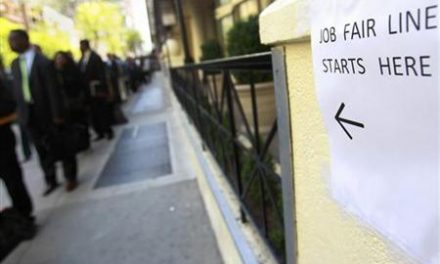by Aristides N. Hatzis*, New York Times
During its tumultuous history modern Greece has always managed to be part of the winning alliances. Right after its independence Greece was attached to the powerful British Empire. In the two world wars Greece was an energetic ally of the western powers. After a ferocious civil war it saved itself from becoming the southern part of the iron curtain and during the Cold War it was a member of NATO and an ally to the U.S. These alliances (despite their predicaments) helped Greece to realize two dreams: national integration and economic development (from 1929 to 1980 Greece had an average rate of growth of 5.2 percent).
Konstantinos Karamanlis, a leading 20th-century Greek politician, once said that Greece was an integral part of the West, and he proved this by persuading European leaders that Greece should join the European Communities in the 70s. In 2008 Greece was already a member of every privileged group: the O.E.C.D., E.E.C., the E.U. and finally the euro zone.
Many Greeks perceive this crisis as the fault of Europe; that the E.U. is to blame for cheap loans, that the euro zone makes Greek industry less competitive, that Germany’s trade surplus is responsible for others' consumerism. These negative, sometimes paranoid and almost always misinformed sentiments toward Europe have been exacerbated with the implementation of a cruel austerity program that has been both unfair and inefficient.
However in the last election, Greeks voted to remain in the euro zone, realizing how nightmarish the alternative of an exit would be.
Greece is a part of a continent overwhelmed by crisis while economic power shifts to emerging countries. Nevertheless only Europe can help Greece recover. There should be three priorities: liberate markets from over regulation and over-taxation; abandon welfare populism and find a new way to properly protect powerless groups like the unemployed and low income pensioners; and reform the antiquated education and health systems.
Greece needs a fresh start. This is not easy in a country where reactionary populist forces of left and right are still slowing it down.
Aristides N. Hatzis is an associate professor of law and economics at the University of Athens.



















